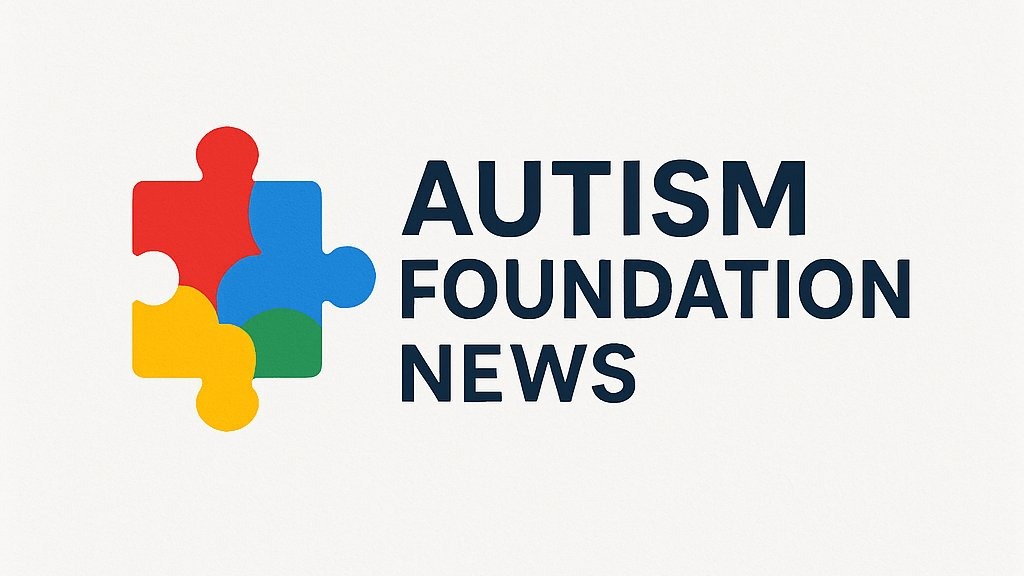
The Critical Role of Nutrition Knowledge in Medical Training
The American Society for Nutrition (ASN) is emphasizing the urgent need for improved nutrition education within medical training programs. Given the increasing intersection of dietary factors in health and wellness, the call for an enriched curriculum couldn't be more timely.
Why Nutrition Education Matters
Nutrition is a key component in managing health conditions, especially for individuals with autism who often face unique dietary challenges. A solid understanding of nutrition can empower healthcare providers to design tailored care plans that better meet these individuals' needs. For parents and caregivers, having medical professionals who understand the nutritional requirements can significantly improve their loved ones’ quality of life.
Current Gaps in Medical Education
Despite its importance, nutrition education has traditionally been underemphasized in medical curricula. Research shows that many doctors feel ill-equipped to provide dietary advice, often resulting in missed opportunities for holistic patient care. This gap can lead to dietary misinformation or, worse yet, neglecting vital nutritional aspects that could improve a patient's wellbeing.
Incorporating Nutrition into Healthcare Practices
Enhancing the focus on nutrition in medical education not only benefits patients with autism but also extends to broader populations. Teaching future healthcare providers about the role of nutrition can positively impact conditions ranging from diabetes to obesity. By incorporating a solid nutritional foundation, healthcare professionals can advance a more integrated form of patient care.
Future Trends in Nutrition Education
As awareness rises around the importance of a nutrition-focused medical curriculum, we can expect more innovative training programs investing in interdisciplinary approaches. This shift not only prepares medical professionals but also aligns with current public health goals, fostering a healthier society.
What Families Can Do
Parents and caregivers can advocate for their loved ones by discussing nutrition openly with their healthcare providers and seeking out professionals who value dietary education. Joining support groups or networks can also provide insights on how to navigate nutritional care in medical settings.
Conclusion: Enhancing Lives Through Nutrition
As the ASN continues to push for improved nutrition education in medical training, it's vital that families and healthcare professionals work together to prioritize dietary needs. As we advocate for holistic health approaches, we can indeed create a supportive network for those with autism and beyond, ensuring a future where nutritional knowledge is a pillar of medical expertise.
 Add Row
Add Row  Add
Add 




Write A Comment